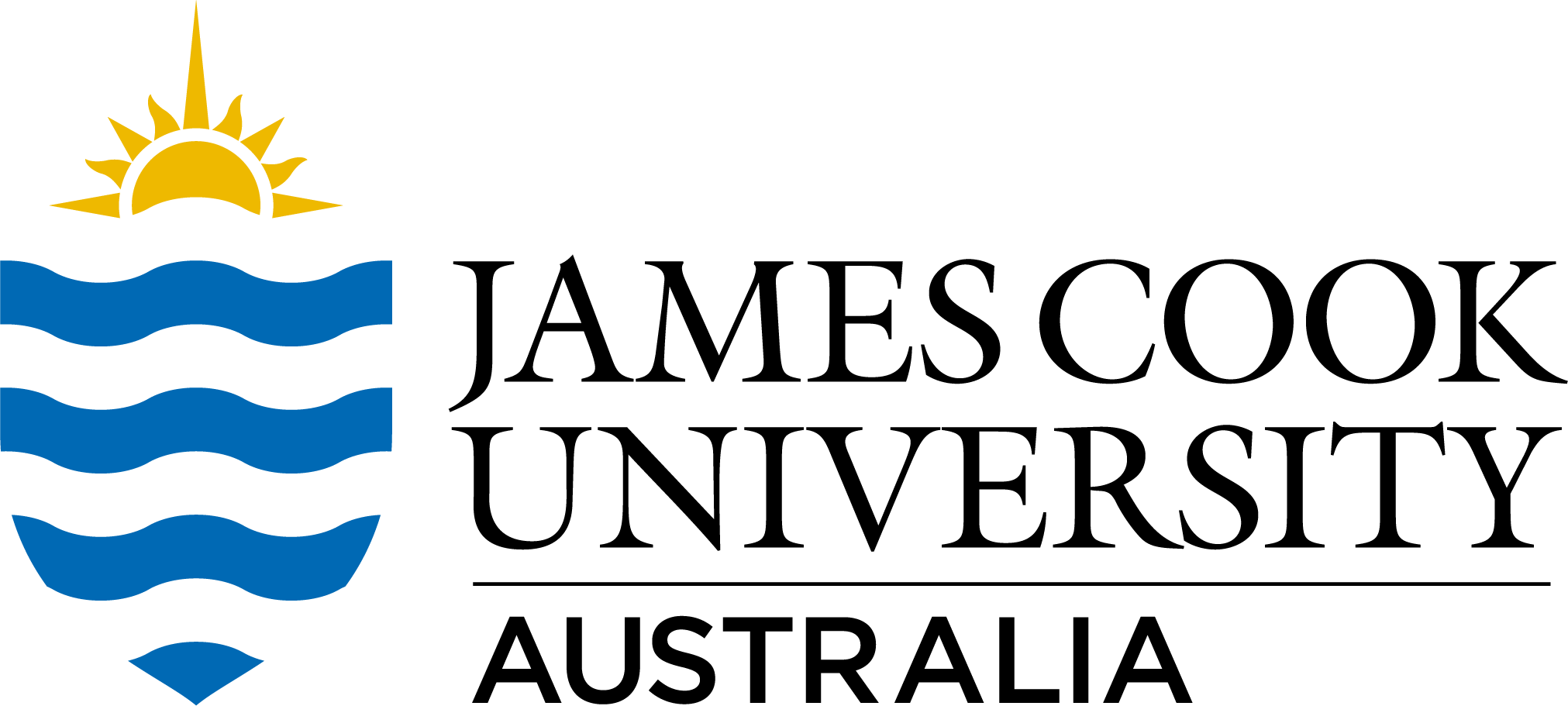Full description
Background [extract from related publication]: Tropical reef fish are especially sensitive to ocean warming, and the impacts of warming on reproduction may influence the persistence of future populations. The capacity of species to respond to altered environmental conditions depends on the nature of change, such as its timing, duration, and variability. Yet, little is known of how these characteristics alter plasticity of reproduction in fish. This study investigates how the timing of warming (+1.5 °C above present-day) through early development and/or post-maturation impacts reproduction and offspring quality in a tropical damselfish (Acanthochromis >polyacanthus). It is also among the first studies to consider both seasonal and daily variations in temperature, as well as assessing reproductive performance beyond the first breeding season, highlighting how the timing, variability and duration of warming can influence thermal plasticity in reproduction.Methods [extract from related publication]: Using an fully orthogonal experimental design, F1 adults of the spiny chromis damselfish (Acanthochromis polyacanthus) were exposed to a simulated warming through early development (hatching-1.5 years) and/or after maturation (1.5-3 years). This leads to 4 temperature treatments for F1 adults:1) developmental Control and post-maturation Control (Control-Control); 2) developmental Control and post-maturation Warm (Control-Warm); 3) developmental Warm and post-maturation Control (Warm-Control); and 4) developmental Warm and post-maturation Warm (Warm-Warm). Data on adult morphometrics, reproductive performance and newly hatched offspring traits were compared across these 4 treatments using linear models or linear mixed effect models.
Results [extract from related publication]: Our results highlight temperature impacts depended on the timing of experience. Warming during development was particularly influential, leading to smaller adults that produced significantly fewer eggs even in their second breeding season. On the other hand, warming after maturation led to adults that were lighter for a given length that produced smaller eggs. Interestingly, despite these temperature impacts on reproduction, parental warming (during development and/or post-maturation) did not influence newly hatched offspring traits. This study also highlighted that adult fish may be able to partially restore their reproductive output in elevated temperatures with extended experience of warming after maturation. Such knowledge on how aspects of temperature change influences environmental sensitivity and capacity of plasticity is important to understand the drivers of species resilience to change.
This dataset consists of:
- One Excel (.xlsx) file that contains all data measured, as well as a README sheet that provides detailed information on the contents on each sheet.
- Three html files with the R code that was used to run the statistical analysis
Excel worksheets have also been saved and archived in OpenDocument (.ods) and .csv file formats
Created: 2025-01-28
Data time period:
The data contains performance metrics (adult physical attributes, reproductive performance, and offspring quality at hatching) measured during the 2018-2019 Austral summer.
Spatial Coverage And Location
text: Great Barrier Reef, Queensland, Australia
User Contributed Tags
Login to tag this record with meaningful keywords to make it easier to discover
- DOI : 10.25903/0BBH-BV95

- Local : researchdata.jcu.edu.au//published/6605a0f05ada11ef93737f8582675f39


